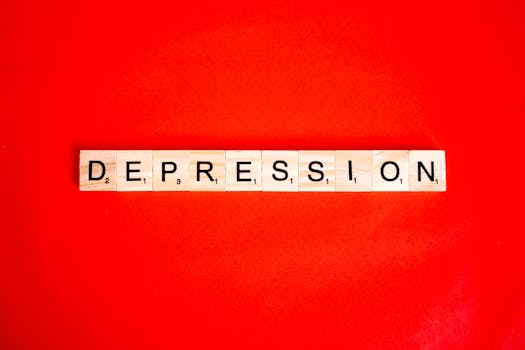
Benefits of Regular Exercise on Mental Health
Regular exercise is essential for maintaining good mental health. It can help reduce stress and anxiety, improve mood, and enhance overall well-being. Regular exercise is a simple yet effective way to improve mental health, and it’s an activity that everyone can engage in, regardless of age, fitness level, or background.
What are the Benefits of Regular Exercise on Mental Health?
Regular exercise has numerous benefits for mental health, including:
- Reducing stress and anxiety: Exercise is a natural stress-reliever and can help reduce anxiety levels.
- Improving mood: Regular exercise releases endorphins, also known as ‘feel-good’ hormones, which can help improve mood and reduce symptoms of depression.
- Enhancing sleep: Regular exercise can help improve sleep quality, which is essential for good mental health.
- Boosting self-esteem: Exercise can help improve body image and self-esteem, which can have a positive impact on mental health.
- Improving cognitive function: Regular exercise has been shown to improve cognitive function, including concentration, memory, and problem-solving skills.
How Does Regular Exercise Impact Mental Health?
Regular exercise can impact mental health in several ways, including:
- Reducing inflammation: Exercise has anti-inflammatory properties, which can help reduce inflammation in the brain and improve mental health.
- Improving brain function: Regular exercise can help improve brain function, including the growth of new neurons and the formation of new neural connections.
- Reducing stress hormones: Exercise can help reduce stress hormones, such as cortisol, which can have a negative impact on mental health.
- Improving social connections: Exercise can provide opportunities for social interaction, which is essential for good mental health.
What Types of Exercise are Best for Mental Health?
While any type of exercise can be beneficial for mental health, some types of exercise may be more effective than others. These include:
- Aerobic exercise: Aerobic exercise, such as running, cycling, or swimming, can help reduce stress and anxiety and improve mood.
- Yoga and Pilates: Yoga and Pilates can help improve flexibility, balance, and strength, while also reducing stress and anxiety.
- Strength training: Strength training can help improve mood and reduce symptoms of depression.
- Group fitness classes: Group fitness classes can provide opportunities for social interaction, which is essential for good mental health.
Conclusion
In conclusion, regular exercise is essential for maintaining good mental health. It can help reduce stress and anxiety, improve mood, and enhance overall well-being. By incorporating regular exercise into your lifestyle, you can improve your mental health and overall quality of life.



